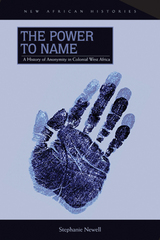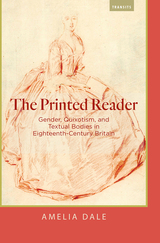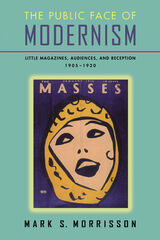Between Families and Institutions: Mental Health and Biopolitical Paternalism in Contemporary China
Duke University Press, 2025
eISBN: 978-1-4780-6072-7 | Cloth: 978-1-4780-2851-2 | Paper: 978-1-4780-3174-1
See other books on: Asian Studies | Contemporary China | Health & Fitness | Institutions | Mental Health
See other titles from Duke University Press
eISBN: 978-1-4780-6072-7 | Cloth: 978-1-4780-2851-2 | Paper: 978-1-4780-3174-1
ABOUT THIS BOOK | AUTHOR BIOGRAPHY | REVIEWS | TOC
ABOUT THIS BOOK
In contemporary China, people diagnosed with serious mental illnesses have long been placed under the guardianship of their close relatives who decide on their hospitalization and treatment. Despite attempts at reforms to ensure patient rights, the 2013 Mental Health Law reinforced the family’s rights and responsibilities. In Between Families and Institutions, Zhiying Ma examines how ideological, institutional, and technological processes shape families’ complicated involvement in psychiatric care. Drawing on extensive ethnographic fieldwork in psychiatric hospitals, community mental health teams, social work centers, and family support groups as well as interviews with policymakers and activists, Ma maps the workings of what she calls “biopolitical paternalism”—a mode of governance that sees vulnerable individuals as sources of risk, frames risk management as the state’s paternalistic intervention, and shifts responsibilities for care and management onto families. Ma outlines the ethical tensions, intimate vulnerabilities in households, and health disparities across the population that biopolitical paternalism produces. By exploring these implications, Ma demonstrates the myriad ways biopower enables, inhibits, and transforms medical care in China.
See other books on: Asian Studies | Contemporary China | Health & Fitness | Institutions | Mental Health
See other titles from Duke University Press












